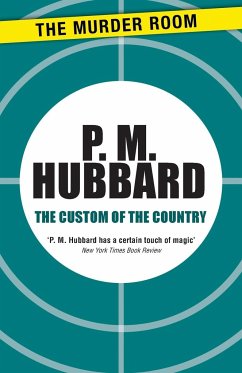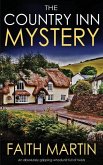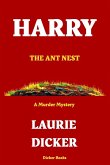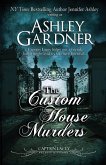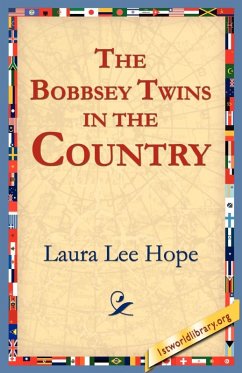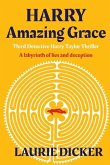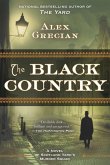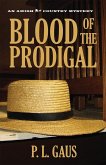By the time Jim Gilruth returns to Pakistan, twenty years after he served as a law officer in a small village near Lahore, colonial rule has given way to Pakistani officialdom. His strange and enigmatic mission is painfully involved in the brutal clash of the old and the new - but why has he been chosen as the instrument of coercion. Then the details of a half-forgotten murder that he had long ago adjudicated begin to come back in all their bewildering nuances, and Gilruth, in an eerie repetition of the circumstances of a generation ago, is powerless to save the life of a good man, or bring a murderer to justice.

